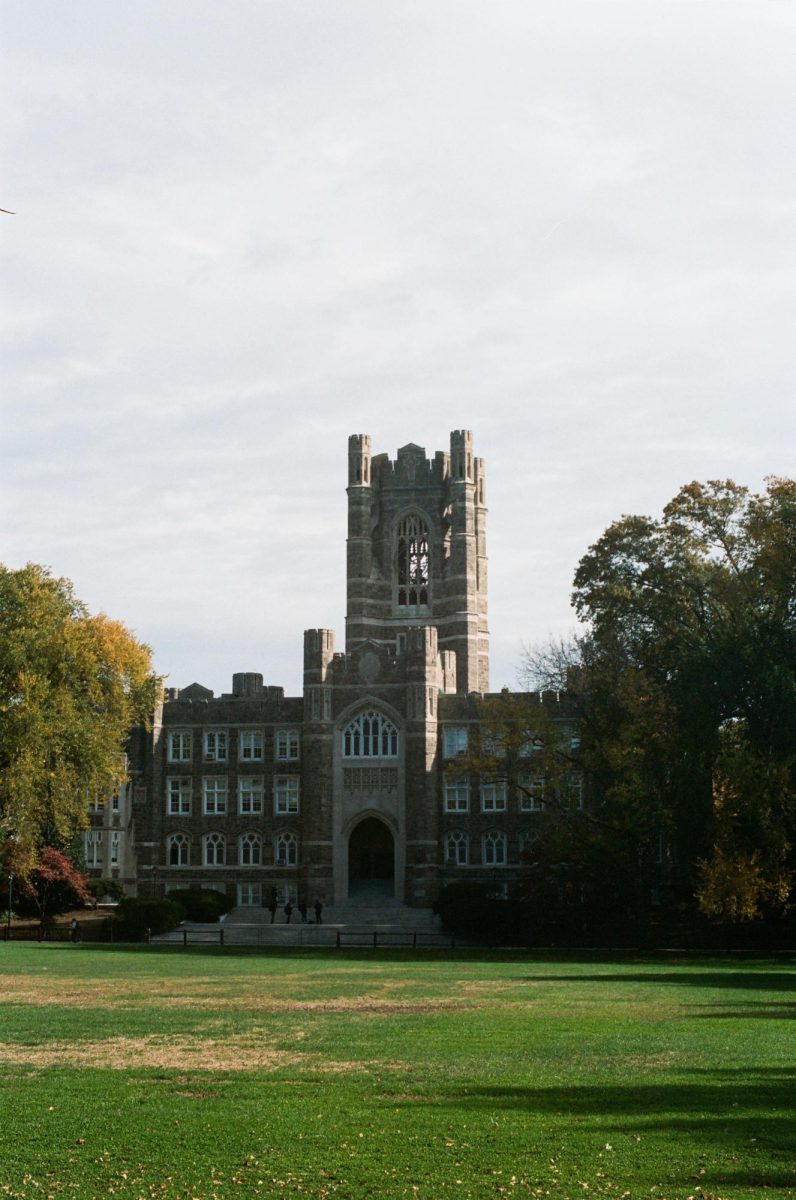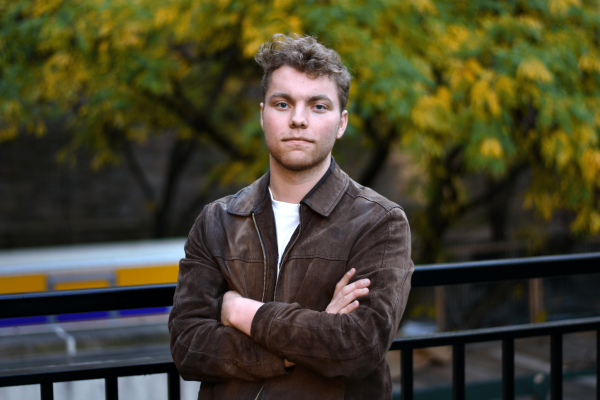Fordham announced a 4.65% tuition hike in a university-wide email on March 31, pushing yearly sticker-price tuition to $65,000.
The email also announced that average room fees and meal plans will increase.
John W. Buckley, vice president for enrollment, wrote in the email that the school “arrived at this difficult decision to increase tuition only after a year of cost cutting and seeking efficiencies that did not have a negative impact on the student experience.”
According to a Fordham webpage linked in the email, base tuition will cost $65,920 per year.
Fordham announced budgetary measures including a hiring freeze, spending cuts and a cap on student work-study hours earlier this semester. Buckley attributed the rising costs of tuition to national inflationary trends.
After Tetlow became the university president in 2022, Fordham has routinely raised prices by over 4%.
“Institutions large and small across the country are having to raise tuition more than forecast, because price increases that affect your family’s budget also affect institutional budgets — including ours,” Buckley wrote.
According to the email, room fees will rise for the next school year by 4.3% and may vary depending on the residence hall. Meal plans will go up by 4.0%.
Buckley declined to provide further comment on the issue, writing in an email response that he is “not going beyond what was shared in the notification statement.”
Fordham’s Chief Financial Officer Tokumbo Shobowale also declined to be interviewed for this story. Bob Howe, vice president of communications and special advisor to the president, also declined to answer follow-up questions. He wrote that Buckley’s email was Fordham’s official statement. He added that University President Tania Tetlow “may expand on the issue” at the student press conference on April 8.
The tuition hike follows a spring-time pattern for the administration. For the past few years, Fordham has announced higher rates in March or April. Last year, the cost hike was 4.4% — lower than this round of rising prices.
“I would feel better about it if we saw where it was going,” Giancarlo Oliveri, FCLC ’28
During the COVID-19 pandemic, the university opted to not raise tuition for the 2021-2022 school year. A statement issued by Fordham’s Board of Trustees in December of 2020 explained that it did not want to “add to the stress that our families are feeling.”
After Tetlow became the university president in 2022, Fordham has routinely raised prices by over 4%. During Tetlow’s first spring as president, the university announced a 6% tuition hike for the 2023-2024 school year. The president cited inflation and explained that “the reality is that we’re a university that’s 90% driven by tuition and fees and residence hall revenue.”
In March 2024, Buckley announced the 4.4% increase in tuition, housing and meal plans. He acknowledged the financial burden this would pose for students.
“While this increase is less than last year’s, I understand that an increase of any amount is a burden,” Buckley wrote.
Buckley touted Fordham’s financial aid packages both in 2024 and this year.
“Fordham currently offers financial aid to approximately 90% of our undergraduates,” Buckley wrote. “Our goal is to increase financial aid where possible for those who are struggling, giving priority to the students with the greatest need.”
Buckley and Tetlow have been insistent that the tuition prices are up because the cost of every other good has increased. Tetlow told student reporters at the fall 2024 student press conference that “the last few years have been tough because inflation has hit us, and you, very hard.”
In the spring 2024 student press conference Tetlow said that costs have generally risen with inflation, “sometimes higher, sometimes lower.”
“If they keep going up,” Tetlow said, “we’re just hitting the ceiling of what the average American family can afford to pay.”
For students, however, only one of those ideas has really taken root.
Giancarlo Oliveri, Fordham College at Lincoln Center (FCLC) ’28, said that the reasoning behind the hikes was not immediately apparent to him — and he did not know how the money from higher tuition would be spent.
“I would feel better about it if we saw where it was going,” Oliveri said. “But I feel like it’s one of those things where it’s going to go up and we’re not going to see the benefits of it, at least immediately.”
Eunice Lim, FCLC ’27, said that the rising costs will not affect her as much as dorming students; she said she does not have a meal plan and commutes to school. She also said she was optimistic about the benefits of higher tuition.
“I hope it is for the better,” Lim said. “I am sure that even with the increase, there’s going to be some way that it’s going to be used for the school.”
Franky Fierra, Gabelli School of Business at Lincoln Center ’26, said that the rising prices were “unfortunate,” but not the end of the world.
“I know some students work a lot and their parents work very hard to send them here. But, at the end of the day, I think it’s something we’ll adjust to,” Fierra said.
Fierra added that this hike would not affect him that much, “but I’ll be applying for a couple more scholarships or something like that — see where I can get some money from,” he said.
Tetlow answered questions about the tuition hike, among myriad other issues, at the student press conference on April 8.


